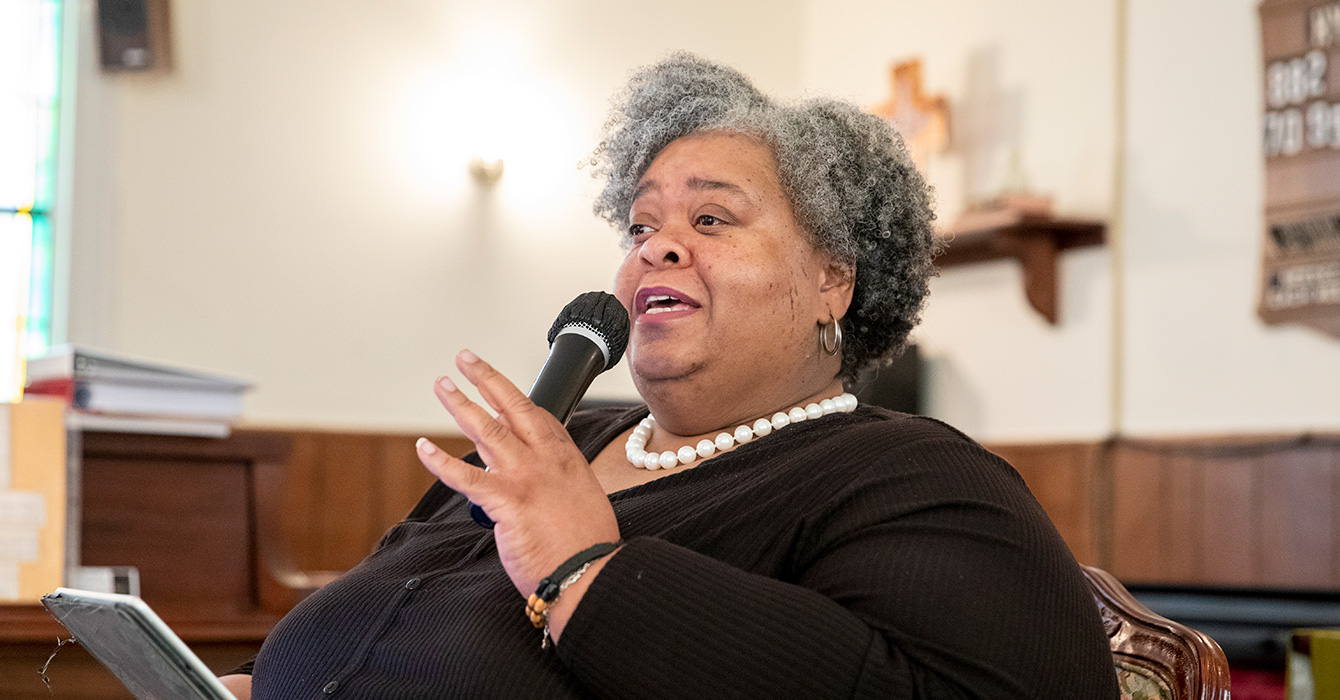A friend of mine was recently asked to join the board of a nonprofit. In many ways, he is a logical choice to serve in such a role. He brings a wealth of experience, a depth of wisdom and a complete willingness to ask what Atul Gawande calls “the unscripted question.” He also has considerable financial resources, which he would be willing to use, in part, to support the organization’s mission.
Yet before he agreed to serve, he sat down with the chairperson of the board and asked a simple question, “In your judgment, how could I make my best contribution as a board member?”
Before the chair could answer him, he explained the thinking behind the question: “You see, I get asked to do a lot of things, and the majority of them don’t require my experience or my expertise. Anyone could do them. So, I am asking you, with my gifts, my experiences and what you know of my limitations, how can I make my best contribution to your organization right now?”
The chairperson did not answer; instead, he asked for time to discern -- with my friend -- how he could uniquely serve the organization.
I am glad that my friend relayed that story for two reasons.
One, I am really grateful for his example in asking a pointed question before agreeing to serve as a board member.
At some point, there is a shift that takes place in most of us when we stop seeing requests for service on boards and agencies as recognition of our talent, position or potential and start seeing such requests as burdens, as yet more things we could do but might not have time to do.
Over time, it becomes increasingly important to figure out if service with this particular organization aligns with our passions, our gifts and our sense of calling -- whether service with this organization will help us make the kind of meaningful contribution to the world that we hope to make. My friend’s question is a great way to begin that discernment. If an organization has an imagination for our gifts, then it may be a place worth investing them.
The second reason I’m grateful for the story is for the leadership lesson implicit in it. His question is in no way unreasonable for a prospective board member to ask, and it feels like the very kind of question that should be answered in the nominations and recruitment process of potential board members. Why is it that this nonprofit, that this institution, that this congregation could best be served by this person in this season of its life?
Yet, my friend’s sense was that the senior board leader did not have an aim for his service. In some meeting, I am sure, my friend had been nominated by a former colleague or an acquaintance to serve on the board, and that was enough for the rest of the group. No one had asked what his contribution could be, or if they had, they had limited their consideration to his bank balances. (Incidentally, he would have been fine if the sole motivation for recruiting him to serve was that he could write substantial checks to their institution; he’s accustomed to invitations coming for that reason.)
What if in our institutional nominations processes we identified what we would hope a board member might contribute? What if we imagined the best expression of their gifts and the wisest use of their experiences?
What if we recruited board members and volunteers and congregation members as if all of us together were stewarding great resources?
Because we are.












